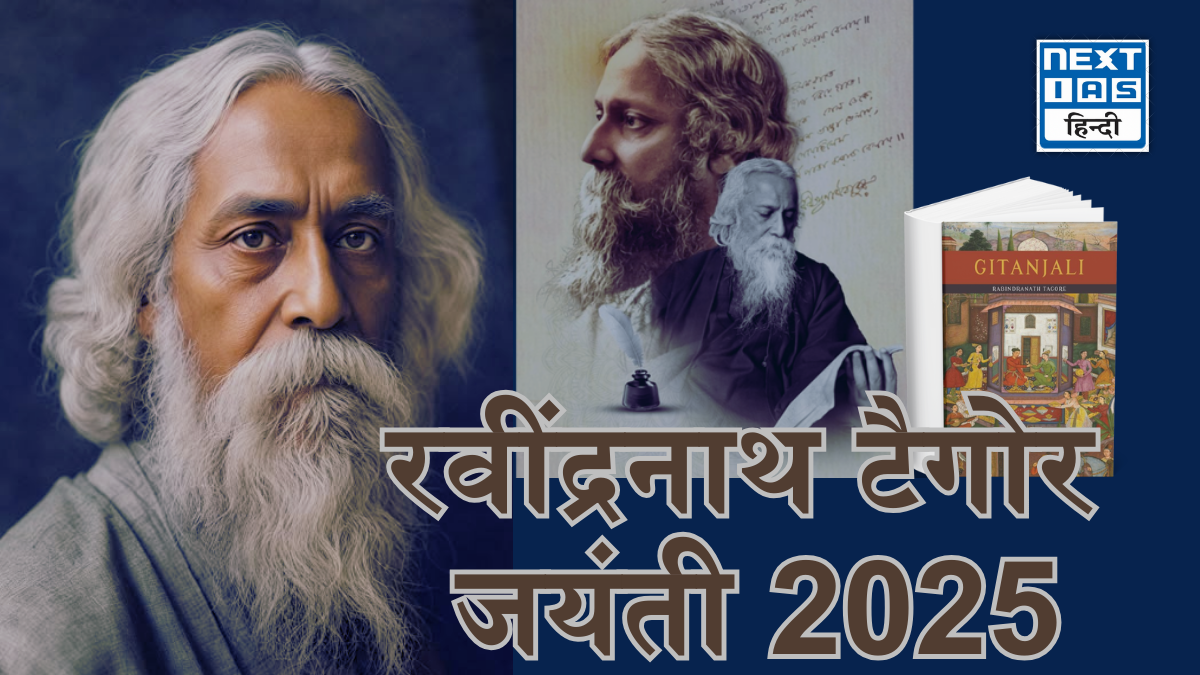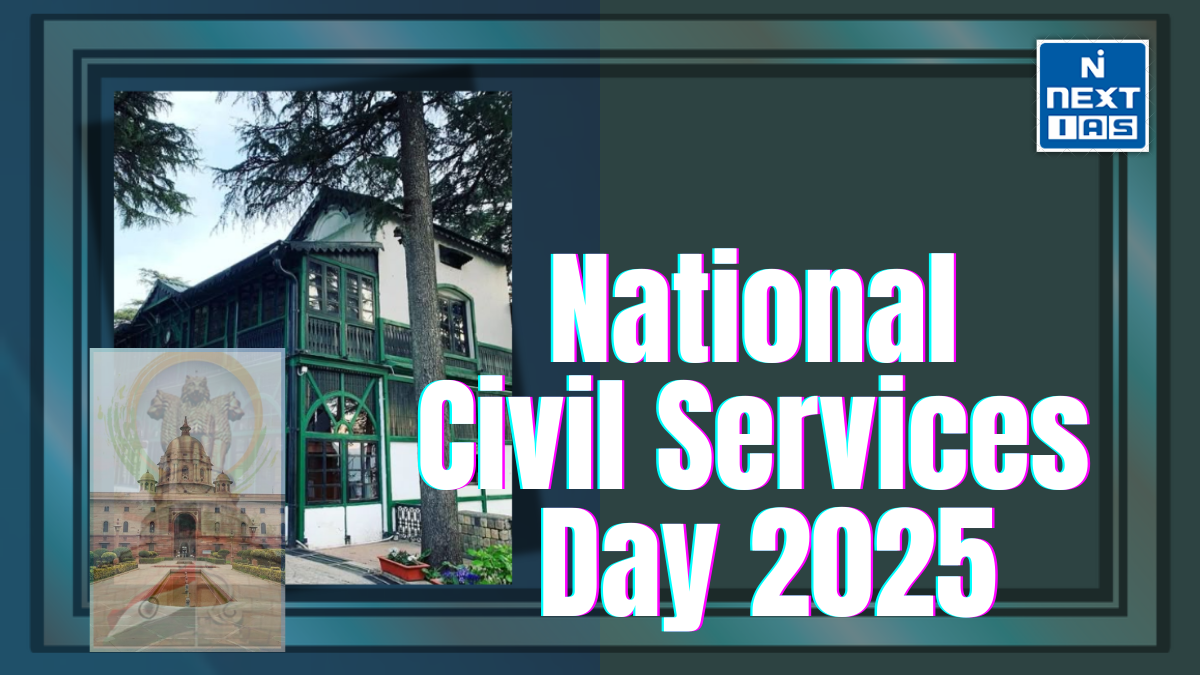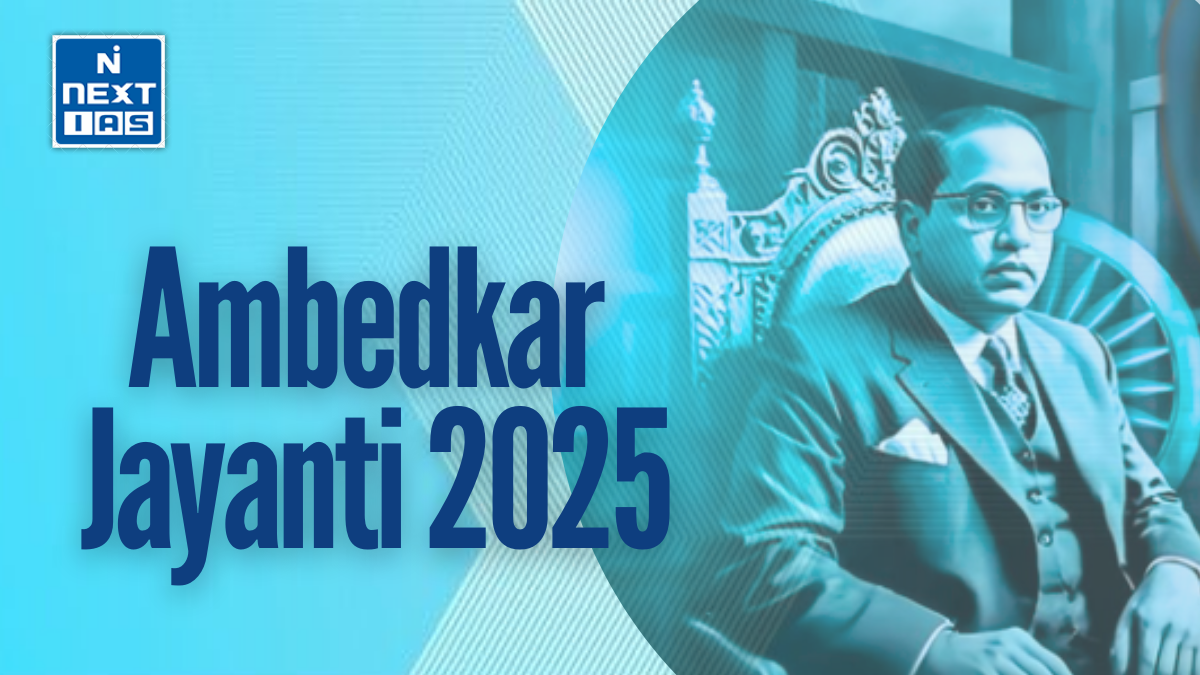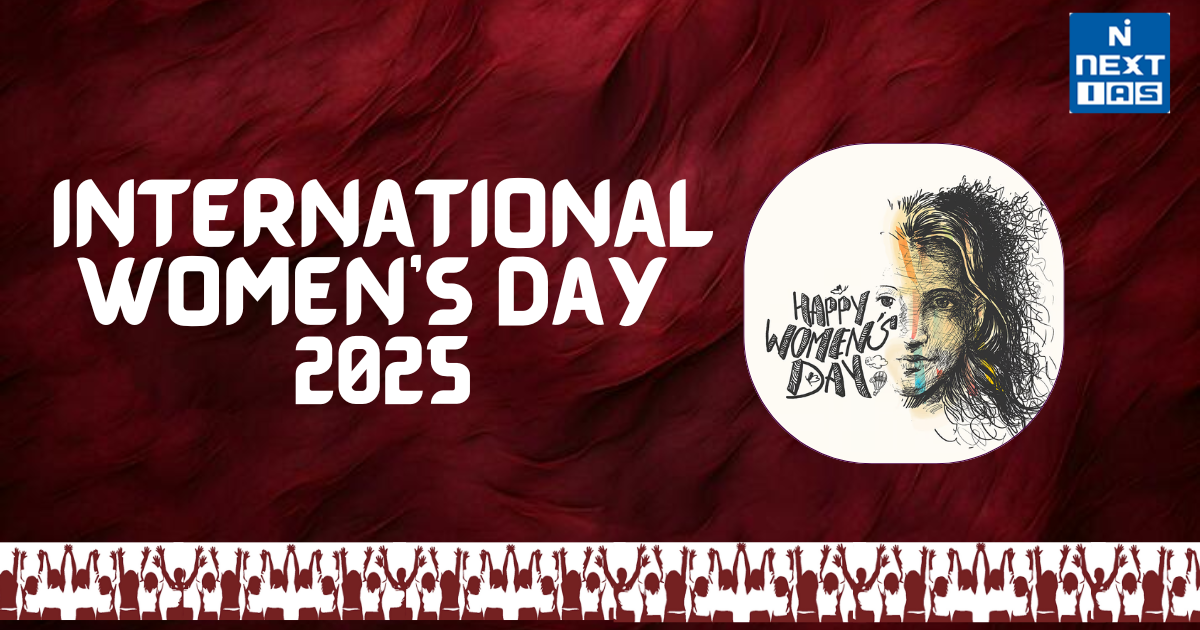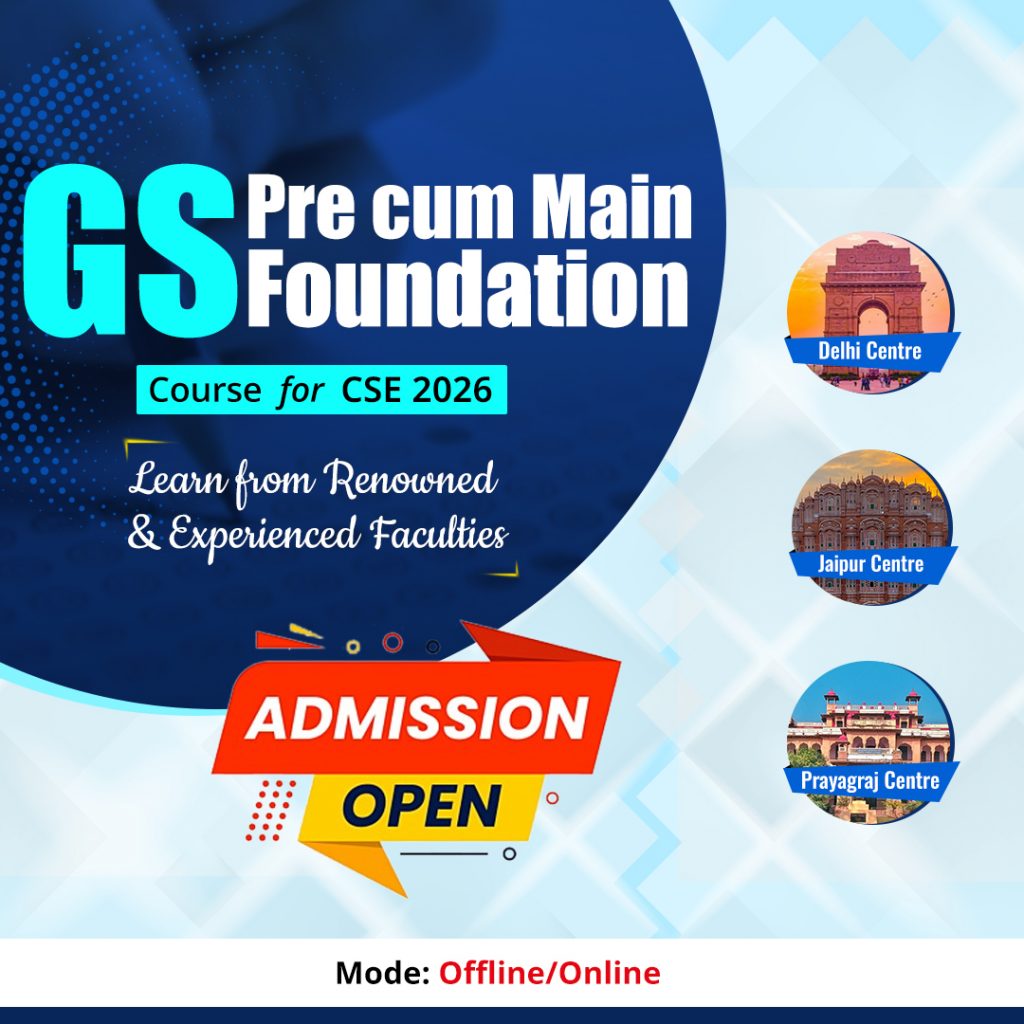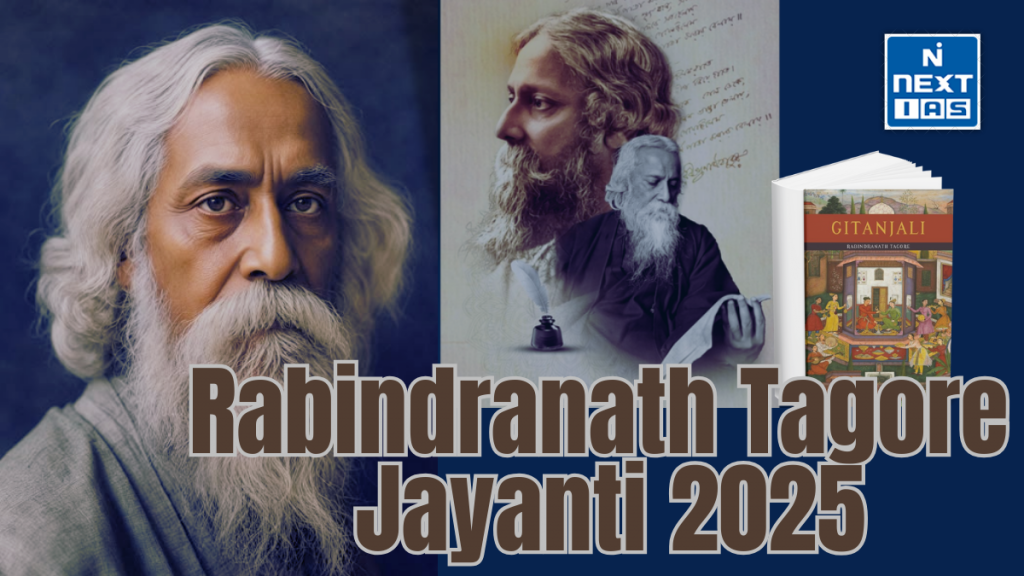
Colorful celebrations commemorating Rabindranath Tagore Jayanti are observed annually on May 7, with this particular celebration falling in the year 2025. Tagore was a poet, philosopher, and Nobel laureate who contributed enormously to literature, music, art, and education. Cultural programs and reading ceremonies and oblation are organized to honor him across the land, with the greatest reverence being shown in West Bengal and Bangladesh.
About the Rabindranath Tagore Jayanti 2025
- Rabindranath Tagore Jayanti celebrates Rabindranath Tagore, one of India’s best loved poets, philosophers, and even a Nobel laureate, on May 7, 2025: his 164th birth anniversary.
- Tagore was born on May 7, 1861, in Kolkata; he was a literary genius, and a cultural reformer who reformed Indian art, music, and education.
- This giant was not only the 1st Indian but the 1st non-European in history to win the Nobel Prize in Literature, awarded to him in 1913 for his poetry collection Gitanjali.
- He gave the national anthems of India (Jana Gana Mana) and Bangladesh (Amar Shonar Bangla).
- This whole celebration, popularly called Poncheeshe Boishakh in West Bengal, is celebrated with a series of cultural activities like recitations; performances of Rabindra sangeets, dramatization-in short-theatre acts from his works; and the likes.
- Kolkata and Santiniketan, where Visva-Bharati University-an institution founded by Tagore-philosopher of holistic education-locates, are two major venues for these actions.
- Across India and around the world within the Bengali communities, the day is commemorated with tributes to his lengthy legacy in literature, music, and humanist thought.
Literary works of Rabindranath Tagore
Literature was in his very blood. Poetry, fiction, dramatics, music, and essays are all different fields where he expressed this genius. Some of his most widely acknowledged writings include:
Poetry
Gitanjali (Song Offerings): His gem, the collection of poems that bagged him the Nobel Prize in Literature in 1913.
- Sonar Tari (The Golden Boat)
- Manasi
- Balaka
Novels
- Gora: A deep investigation into identity, nationalism, and religion.
- Ghare-Baire (The Home and the World): In the background of the Swadeshi movement.
- Chokher Bali: A tale of love, lust, and betrayal.
- Shesher Kabita: A love story purely lyrical and philosophic.
Plays
- Dak Ghar (The Post Office): Highly symbolic, deep in philosophy.
- Raktakarabi (Red Oleanders): A play against totalitarianism.
- Achalayatan
Songs
- Over 2,000 songs arranged under the genre Rabindra Sangeet.
- Staying with the national anthems, India in Jana Gana Mana and Bangladesh in Amar Shonar Bangla.
Tagore’s works remain classic for their depth, beauty, and insight into the human condition.
Role of Rabindranath Tagore in India’s freedom struggle
Rabindranath Tagore played a critical yet non-violent and intellectual role in the Indian freedom movement. While Tagore was not seen as a direct interventionist in politics within a certain given context, he exercised direct influence in his writings, speeches, and educational vision.
Voice of Conscience
By his notion of freedom, Tagore meant moral and spiritual liberationand condemned both colonial power and blind nationalism. His poem “Where the mind is without fear” came to symbolize the dream for an India free from bondage.
Renunciation of Knighthood
In 1919, immediately following the Jallianwala Bagh massacre Tagore renounced his British knighthood as a protest. This act stunned the colonial establishment and inspired countless Indians.
Educational Reformer
He laid down an education system through Visva-Bharati University at Santiniketan, which gifters thought in independence and emphasized self-reliance—the true requirements of a liberated nation.
Literary Resistance
Tagore’s essays, stories, and songs subtly awakened national consciousness, interlinking patriotism and humanism. He believed in universalism over narrow nationalism, preaching peace and unity.
Philosopher-reformer is what Tagore was, and with wisdom, art, and soul, He directed India’s freedom movement.
Biography of Rabindranath Tagore
| Aspect | Details |
| Full Name | Rabindranath Thakur (Tagore) |
| Date of Birth | May 7, 1861 |
| Place of Birth | Jorasanko, Kolkata, India |
| Parents | Debendranath Tagore (father), Sarada Devi (mother) |
| Occupation | Poet, Philosopher, Novelist, Dramatist, Musician, Educator, Painter |
| Major Works | Gitanjali, Gora, Ghare Baire, Chokher Bali, The Post Office |
| Notable Achievements | First Asian to win Nobel Prize in Literature (1913) |
| Languages Known | Bengali, English |
| Famous Compositions | National anthems of India (Jana Gana Mana) and Bangladesh (Amar Shonar Bangla) |
| Educational Contribution | Founded Visva-Bharati University in 1921 |
| Political Stance | Critic of British rule; renounced knighthood in 1919 |
| Death | August 7, 1941, Kolkata, India |
| Legacy | Revered as “Gurudev“; cultural icon and literary pioneer |
Conclusion
It is a day for Rabindranath Tagore Jayanti, celebrated on May 7, 2025, in tribute to a literary giant, philosopher, and Nobel laureate. His works have remained living legacies that inspire generations all over the world. His celebration reminds us about art, education, and humanity, the spirit of creativity, peace, and pride in culture.
